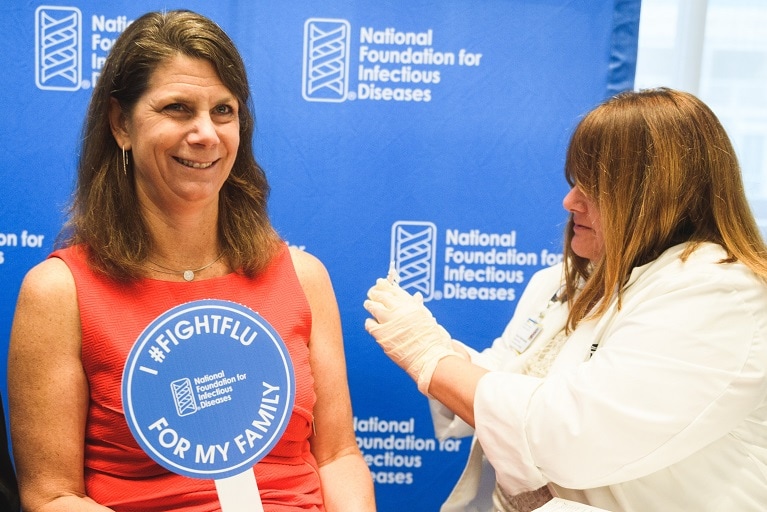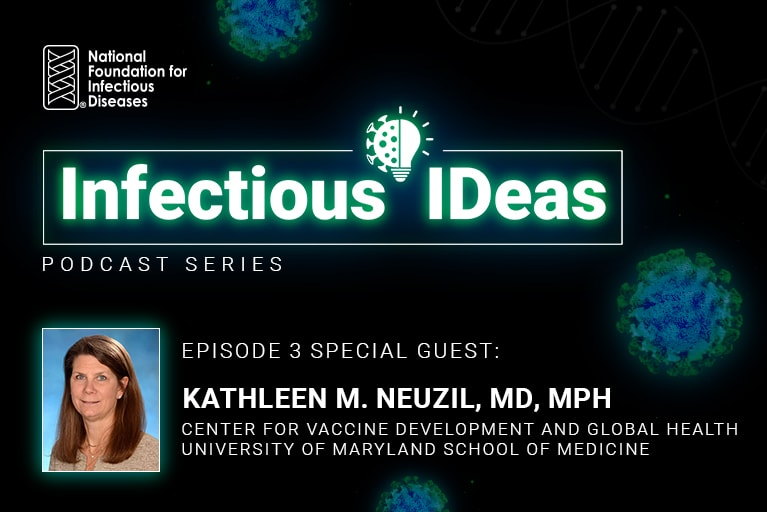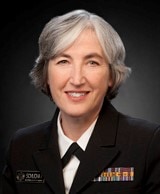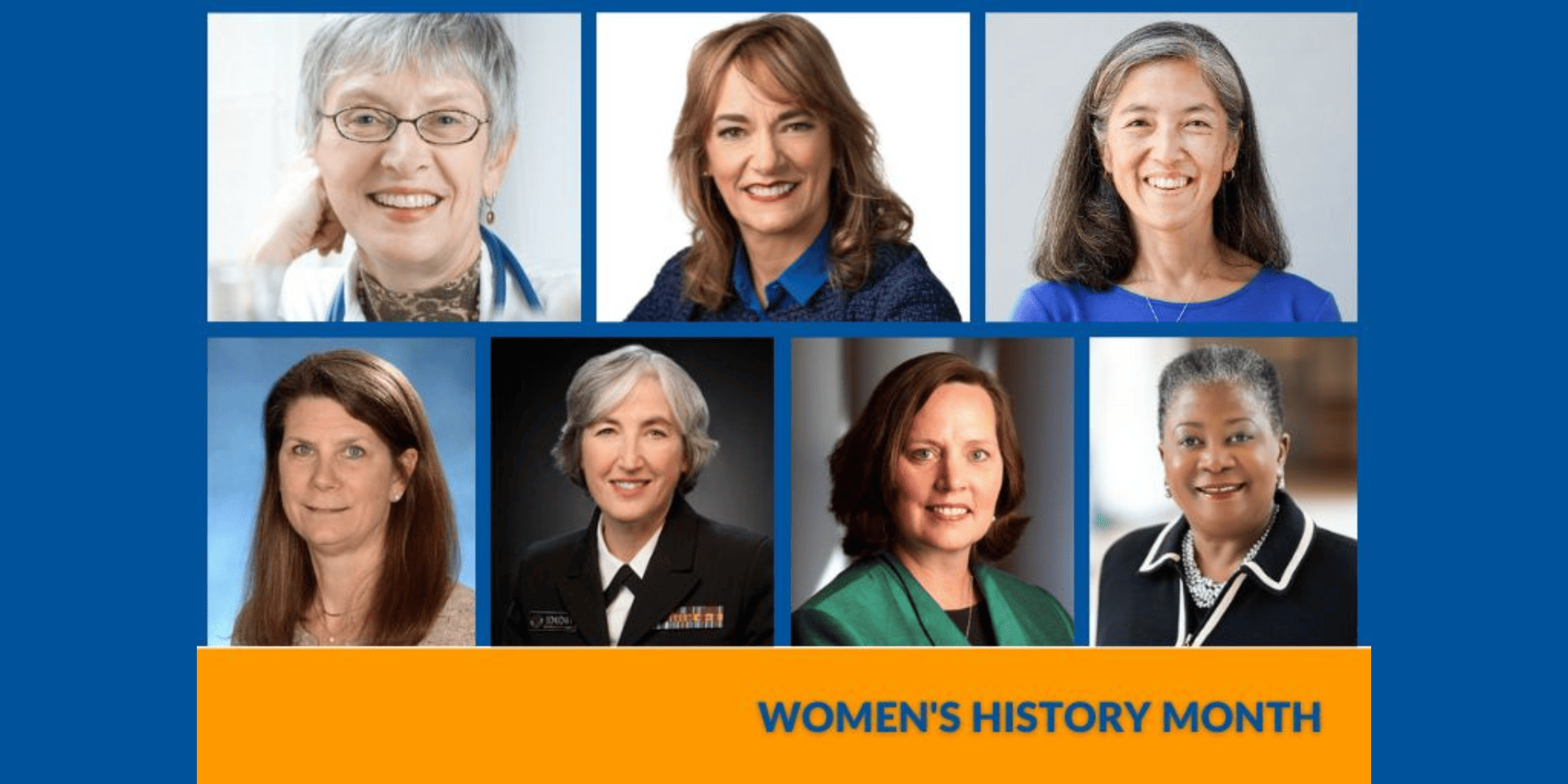
As Women’s History Month comes to an end, the National Foundation for Infectious Diseases (NFID) is celebrating pioneering women scientists and public health advocates who have collaborated with NFID throughout our 50-year history of educating and engaging the public, communities, and healthcare professionals about the prevention and treatment of infectious diseases. Read on for insights from some of these trailblazing women …
The greatest challenge of my career has been championing what I believe is needed to accomplish better research and better care of children with infectious diseases. This involves making sure that people are chosen and rewarded for their responsibilities based on qualifications and not race or gender, making sure that clinical research is funded adequately to address important and relevant questions, and making sure that patients continue to receive excellent clinical care in spite of financial challenges and restricted access.
Kathryn M. Edwards, MD, 2018 Recipient of the Maxwell Finland Award for Scientific Achievement
To date, shepherding the rotavirus vaccine through to regulatory approval and universal recommendation with my team and thousands of global partners who shared the same vision—a vaccine against the leading cause of diarrheal disease deaths in children is my greatest professional accomplishment to date. My advice to the next generation of infectious disease professionals is to follow what you love and seek out what ignites your passion, what you love learning about, and what will help you get out of bed every morning … You will have to take on things that may not fit your preferences perfectly—or that you are just unsure about. Take advantage of those opportunities to learn and experience new things.
Penny M. Heaton, MD, 2020 Recipient of the Jimmy and Rosalynn Carter Humanitarian Award
There has been an incredible awakening and acknowledgement of the structural inequities that have made it harder or impossible for some groups to protect themselves during the pandemic. Equity must be top of mind; we can do much to prevent disease and stop the spread of the virus, but if we do not do it consistently and equitably, many groups will be left unprotected and vulnerable …
Julie Morita, MD, Executive Vice President, Robert Wood Johnson Foundation and NFID Director
Kathleen M. Neuzil, MD, MPH, NFID Vice President
One of my first supervisors at the Centers for Disease Control and Prevention (CDC) set me on a course of passion for epidemiology, public health, and CDC. She urged me to take a long-term view in taking on projects, to focus on asking the right questions, and showed me that our work could be fun. My interest in infectious diseases came from my internship and residency in Internal Medicine in New York City from 1984-1988. Young people dying from AIDS accounted for a substantial portion of the patients I cared for, and they had a profound effect on my long-term career. Watching that infectious disease emerge with so much sorrow and pain, and working in the field before and after the availability of highly active antiretroviral therapy (HAART) and then the President’s Emergency Plan for AIDS Relief (PEPFAR), showed me that even the worst problems of today can be solvable.
Anne Schuchat, MD, 2018 Recipient of the John P. Utz Leadership Award
To Hear More From Inspiring Women Leaders …
- Register to join NFID for the Women Leaders in Vaccinology panel discussion at the 2023 Annual Conference on Vaccinology Research (ACVR), which will be held online June 5-7, 2023
- Save the date and plan to attend the NFID 50th Anniversary Gala on September 14, 2023, in Washington, DC for an inspiring evening honoring many of these trailblazing women and other humble heroes of public health.
To join the conversation and get the latest news on infectious diseases, follow NFID on Twitter using the hashtag #WomenInScience, like us on Facebook, follow us on Instagram, visit us on LinkedIn, listen and subscribe to the Infectious IDeas podcast, and subscribe to receive future NFID Updates.
Related Posts
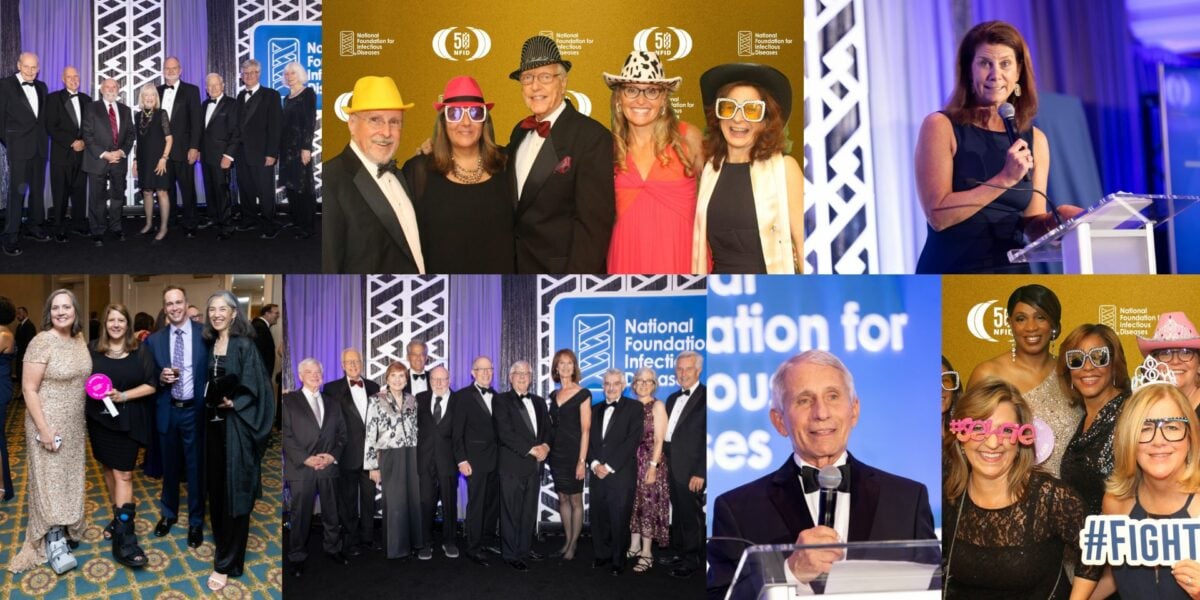
Celebrating 50 Years of NFID at the Oscars of Infectious Diseases
The stars of public health gathered together for the star-studded NFID 50th Anniversary Gala, including more than 20 past recipients of the prestigious NFID awards
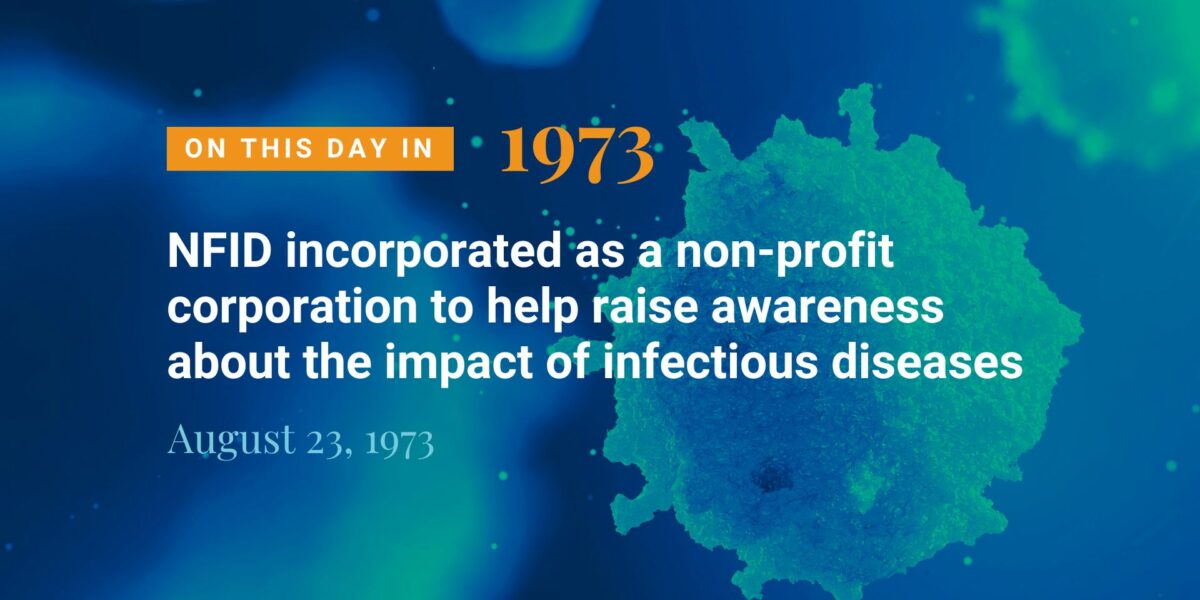
Celebrating 50 Years of Education, Prevention, and Impact
For 50 years, the National Foundation for Infectious Diseases (NFID) has been educating and engaging the public, communities, and healthcare professionals about infectious diseases across the lifespan …
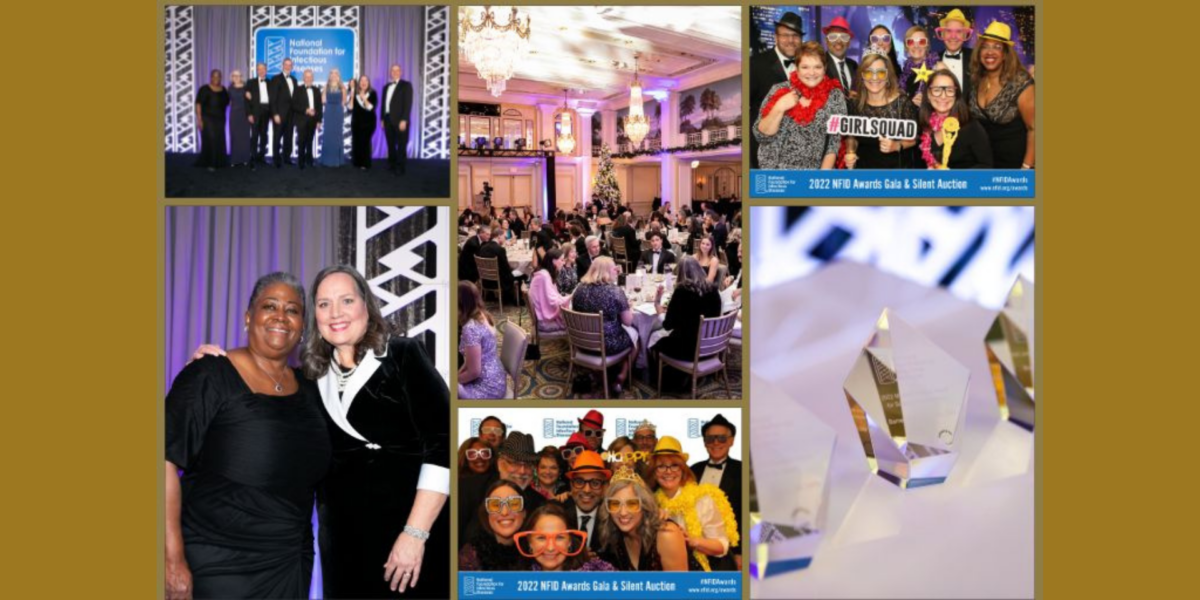
An Inspirational Celebration of Public Health Heroes
At the 2022 Awards Gala & Silent Auction, the National Foundation for Infectious Diseases (NFID) recognized the remarkable accomplishments of three inspiring public health leaders: Katherine L. O’Brien, MD, MPH; Barney S. Graham, MD, PhD; and Bruce G. Gellin, MD …

